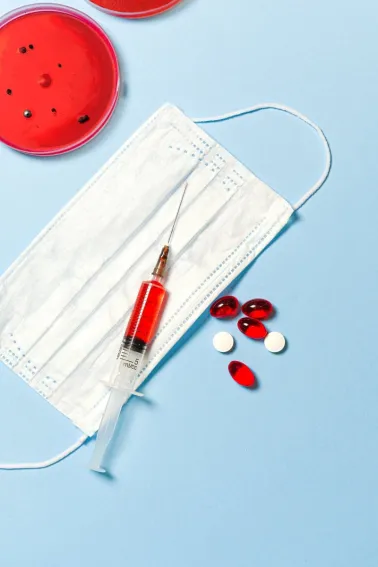
Healthcare prioritised in Australia’s 2021 budget: report
About $2.6b will be allocated towards vaccines.
Australia’s government has announced an investment of $76.39b (A$98.3b), or 17% of the country’s total expenditure, into the healthcare sector, revealing the sector to be a key spending priority in the country, according to a report from Fitch Solutions.
According to the budget statement, healthcare, defense, housing and payouts to the states will increase in FY21 compared to FY20. Of the healthcare spending, $2.6b (A$3.4b) will be allocated towards vaccines.
The government has also allocated $3.9b (A$5.1b) on the rollout alone to help provide support to states and territory in this regard, and has stated that the government hopes to have the bulk of the Australian population vaccinated by the end of the calendar year.
“Over recent months, the Australian government has come under criticism for delays faced in its Covid-19 vaccine roll-out. Multitude issues have emerged in this regard, including a supply shortage of the AstraZeneca vaccine,” the report stated.
In addition, the government will provide $678.5m (A$879m) over two years to support Medicare, including pathology for Covid-19 testing, telehealth services, commonwealth respiratory clinics; access to the pharmaceutical benefits scheme, supporting regional and remote Indigenous communities and mental wellbeing support through Beyond Blue.
Despite the economic woes brought on by the pandemic, causing Australia’s economy to contract by 2.5%, the report noted that government revenue collection surprised on the upside, staging a 3.8% increase in FY20 from FY19. The Treasury has attributed this to the success of the virus containment and various fiscal measures that provided a boost of household income.
However, sustainability of government-funded medicines will be increasingly questioned. Fitch noted that over the coming years, the government will be reassessing the public funds allocated to innovative health products.
In particular, there will be new budget restrictions, more reference pricing, greater emphasis on cost-effectiveness studies and additional mechanisms to increase the uptake of cost-effective therapeutics such as generic drugs and biosimilars.
“The arrival of high-value pharmaceuticals to the treatment landscape will further incentivise the government to increase its cost-containment measures and encourage the switch to generic medicines where possible. This will place downward pressure on medicine sales growth on a value basis,” Fitch added.


















 Advertise
Advertise


